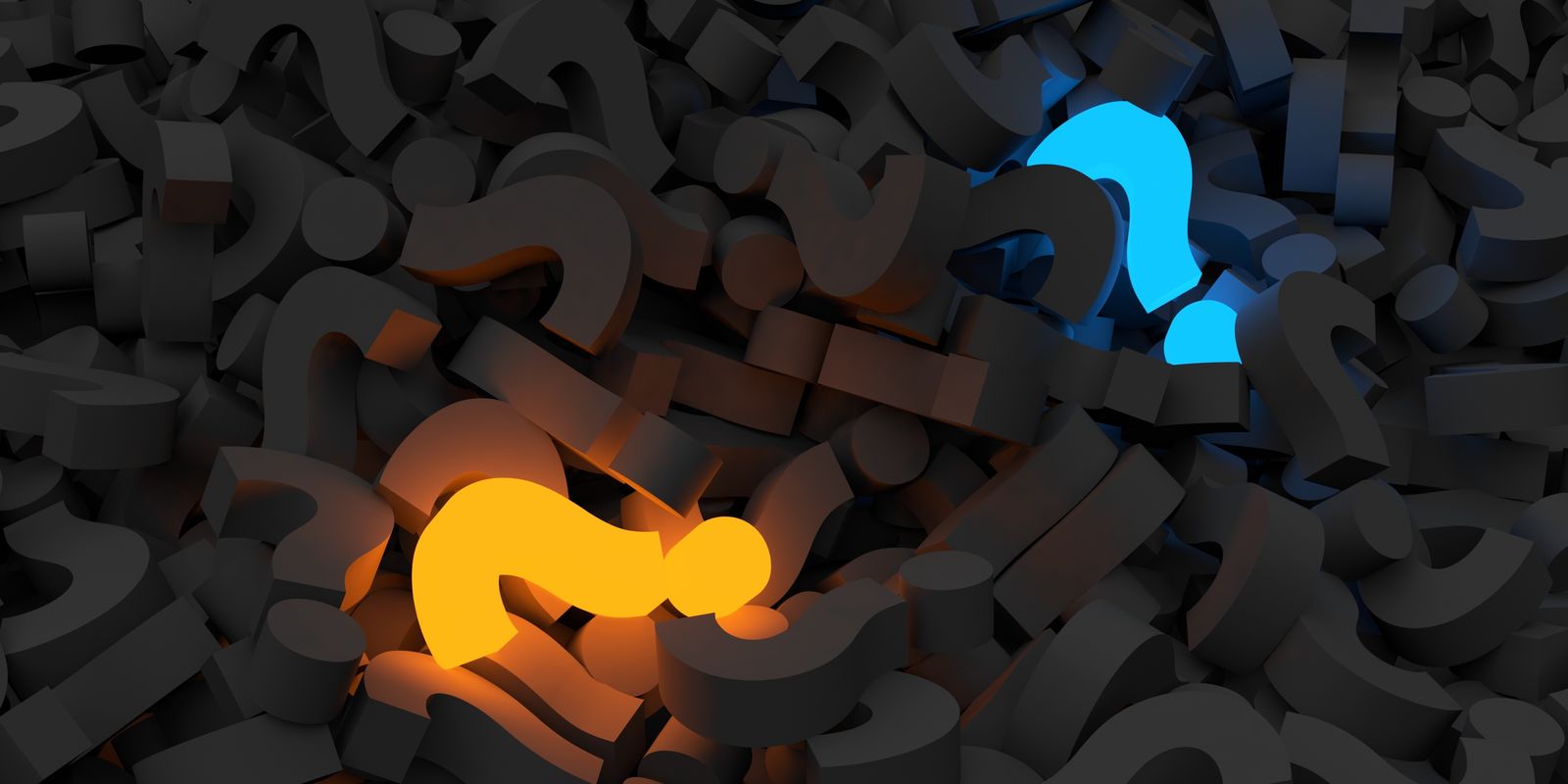A contractors guide to VAT
*Please note the information in this article may be out of date
Value Added Tax (VAT) is a standard consumption tax levied on almost all goods and services in the UK. If you’re a contractor, working through your own Limited Company, registering for VAT could significantly improve your tax efficiency.
Sun, 20 Oct 2019An introduction to VAT
Value Added Tax (VAT) is a standard consumption tax levied on almost all goods and services in the UK. If you’re a contractor, working through your own Limited Company, registering for VAT could improve your tax efficiency.
In the UK, VAT is most commonly set at a standard rate of 20% of the cost of purchases. However, there are exceptions which are eligible for a reduced rate (5%) or are zero-rated (0%).
Registering for VAT

This Guide was written by Patrick Gribben, contractor and freelancer Tax Expert at Intouch Accounting. Patrick now writes for Listentotaxman.com on matters relating to contractor and freelancer tax. He and his colleagues are very happy to speak with Listentotaxman visitors to discuss any tax questions they might have – just visit the Intouch Accounting website for contact details.

This Guide was written by Patrick Gribben, contractor and freelancer Tax Expert at Intouch Accounting. Patrick now writes for Listentotaxman.com on matters relating to contractor and freelancer tax. He and his colleagues are very happy to speak with Listentotaxman visitors to discuss any tax questions they might have – just visit the Intouch Accounting website for contact details.
If your limited company has a gross income of £85,000 or more per year (the VAT threshold for the 2019/20 tax year) you must register for VAT and make the appropriate charges to your clients or run the risk of being fined. It’s important to note that the VAT threshold changes, so be sure to check the threshold each year on the HMRC website to see if your company’s situation has changed.
If you expect your taxable turnover to be below the threshold, you can still register voluntarily. For many contractors this is an option well worth considering.
Assuming you’re registered to the standard rate VAT scheme; VAT is charged on top of your net invoice amount – for example if you charge a client for 10 days work at £200 per day your invoice will total £2,400 including VAT (at 20%). As well as charging clients VAT you can also claim back the VAT from purchases your company makes – you only pay the difference between the VAT you charge to your clients and the VAT you pay via purchases.
If you choose to become VAT registered, it’s important that you keep thorough records of all sales and purchases, even those that were created in error or later cancelled. You will also need to provide VAT invoices to your business clients. There are certain pieces of information that are required on a VAT invoice listed by HMRC here.
Advantages of registering
Being VAT registered is often advantageous as it allows you to recover VAT on your business expenditure. Day to day, you will incur expenses including VAT (such as purchasing a new business laptop), and being registered will allow you to lower your VAT bill by offsetting any VAT charged on your purchases against that which you’ve charged to your clients. Being VAT registered can also give a more professional image to your company andshows greater financial stability to potential clients. When looking for contracts, many businesses expect that your limited company will be VAT registered. Just as you are able to claim back the VAT you have incurred, your clients will also have the opportunity to claim back the VAT on your invoices - so they won’t be put off by the extra VAT charges.
Disadvantages of registering
If you tend to work with clients such as small businesses or the general public, VAT could be an issue in terms of cost as they may not be able to recover those VAT costs. This potentiallymeans competition could be tough with other contractors on the market not charging VAT and therefore offering their services at a cheaper rate. If you’re unsure if you should be charging VAT or not, seek the advice of a contractor accountant to find out what’s best for you.
Choosing a VAT scheme
There are several VAT schemes contractors can register to, including; the standard rate VAT scheme, VAT flat rate scheme, annual accounting VAT scheme and cash accounting scheme, though the latter two are less widely used by small businesses.
It’s important to occasionally review the VAT method used by your company; this will both help you to stay on top of any VAT rate changes and keep your tax bill as low as possible. For example, consider if you would be better off moving away from flat rate VAT to the standard or cash accounting scheme or vice versa.
Flat Rate VAT Scheme
The VAT Flat Rate Scheme (FRS) was introduced by HMRC as a way to simplify the processof paying and reclaiming VAT for small businesses. The FRS sets a fixed rate of VAT for businesses to pay to HMRC and businesses do not reclaim VAT on their purchases (except certain capital). This means that businesses do not need to work out the difference in VAT received from customers and VAT spent on business expenses, they simply pay a fixed amount.
While the FRS has typically been the scheme of choice for small businesses to pay and reclaim VAT, that may not be the case for everyone. Changes were made in April 2017 to stop people taking advantage of this scheme, which has made it less beneficial for contractors. The introduction of a new flat rate category, the Limited Cost Trader (LCT), setsa rate of 16.5% for businesses whose VAT eligible expenditure on goods is:
- Less than 2% of their VAT inclusive turnover, or
- Less than £1,000 in total per year
The key change here is the definition of goods. When working out the amount spent on goods, it cannot include purchases of any capital expenditure (i.e. asset purchases), food or drink, or vehicles and fuel. This definition also excludes the purchase of services such as hosting fees, subscriptions to online journals, phones, email, insurances, accountancy fees, associate fees.
For many contractors, using the FRS outside of the initial 12 months of VAT registration may not be the most tax efficient choice, if VAT is chargeable under LCT category.
Standard Rate VAT Scheme
The standard VAT scheme is how the majority of VAT in the UK is paid, particularly in big businesses. Under the standard rate scheme, businesses deduct the VAT they have paid on goods and services from the VAT they have charged customers, and the difference is then paid to HMRC. The process for this involves manually reclaiming the VAT for each eligible item that is bought or sold and paying VAT at a rate of 20% to HMRC. With the help of onlineaccounting software, the standard VAT method is easy and straightforward to manage.
Reclaiming VAT on expenses
While reclaiming VAT on your expenses may sound like extra hassle, as long as you’re keeping accurate and complete records it’s very straightforward, especially if you are using acontractor accountant with online software to help. Reclaiming VAT on expenses is done by submitting a VAT return to HMRC, usually every 3 months (quarterly), this will include elements of your VAT records such as total sales and purchases, the amount of VAT owed and the amount of VAT you can reclaim.
Some supplies you are likely to use that incur VAT include; accountancy fees, fuel, large hotel and restaurant chains, multi-story car parking and most purchases from large UK suppliers. You can also reclaim VAT on your business mileage. VAT is only claimable on mileage for a car or motorbike that uses petrol, diesel or gas. You can not claim back VAT onfully electric vehicles. VAT also can’t be claimed back on business entertaining expenses.
VAT rate can commonly be found on your purchase receipts, the main rates are:
- Standard (20%): The VAT rate charged on most expenses
- Exempt: Bank charges, postage, insurance, and mortgage interest
- Zero: Train tickets, flights, books, newspapers, food
(except hot prepared food to eat in or takeaway which is standard rated)
- Reduced (5%): Domestic fuel & power, energy saving materials
Don’t forget that with any VAT claim, you should have a corresponding receipt with enough VAT to cover the claim; this includes any fuel receipts. You can’t reclaim VAT using an invalid invoice, a proforma invoice, statement or delivery note.
Please note: if you use the VAT Flat Rate Scheme, VAT is not reclaimed on individual expenses; it’s calculated using the flat rate percentage for your business type and recording individual expenses won’t influence your VAT calculations and return directly.VAT returns
If your company is VAT registered, then you need to submit a VAT return to HMRC (usually every quarter), even if you have no VAT to pay or reclaim. The VAT return will include the total amount that you have charged in VAT for the period and the amount of VAT that you have incurred on company purchases. Once the return is submitted to HMRC they will review your information. If your charged VAT exceeds your incurred VAT you’ll need to pay the difference, if not you will be entitled to a refund. You may also be able to claim back VAT on costs that you incurred before you registered for VAT provided that you have the correct records and meet all the requirements. Many accountants will process VAT returns for you as part of their service, be sure to check out what’s included in your accountancy package when you sign up.
Next steps
Registering and ensuring you stay on top of your VAT admin could make your limited company significantly more tax efficient. Calculating your charged and reclaimed VAT may seem like a bother and just more admin to take up your time. But, charging VAT at the correct rate, calculating the correct reclaim amounts and submitting your return can all be easily handled by a specialist contractor accountant, leaving you with a clear picture of what your incoming VAT bill will always be.
 This Guide was written by Patrick Gribben, Tax Expert for contractors and freelancers at Intouch Accounting. Patrick now writes for Listentotaxman.com on matters relating to contractor and freelancer tax. He and his colleagues are very happy to speak with Listentotaxman visitors to discuss any tax questions they might have – just visit the Intouch Accounting website for contact details.
This Guide was written by Patrick Gribben, Tax Expert for contractors and freelancers at Intouch Accounting. Patrick now writes for Listentotaxman.com on matters relating to contractor and freelancer tax. He and his colleagues are very happy to speak with Listentotaxman visitors to discuss any tax questions they might have – just visit the Intouch Accounting website for contact details.
